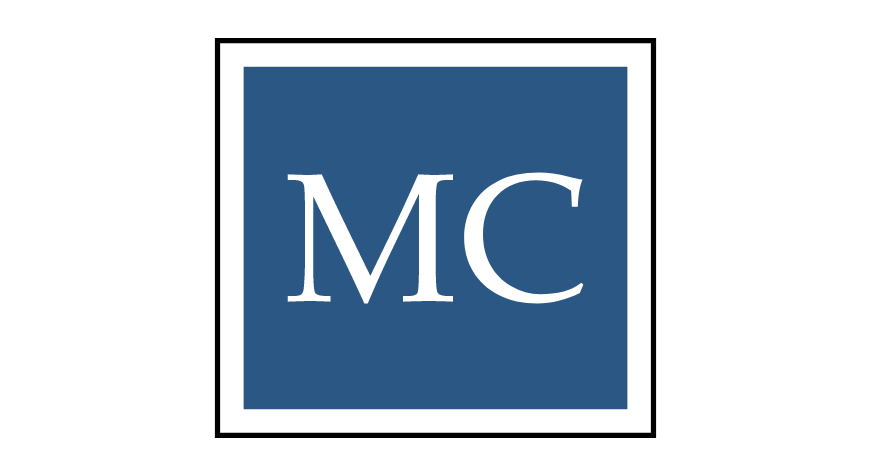Getting a hedge fund, CTA or CPO set up correctly from the start can save money and severe consequences down the road. Here are four general mistakes made by new fund managers that typically do not make their presence known until audit and tax time, a time when the fund’s bottom line can be significantly impacted.
1. Fund Manager Foregoes Attorney Help in Corporation and Tax Structure Setup
Hiring an experienced attorney right off the bat can help a fund manager decide the proper corporate set up when deciding between a Corporation, LP, LLP, or LLC. An attorney properly versed and experienced in the hedge fund investment industry will steer fund managers in the right direction.
Moreover, it is important to decide the country of domicile for the fund. Every country has different tax laws but the manager of the fund must make sure all laws and tax filings are submitted correctly domestically as well.
Furthermore, if a fund is domiciled off-shore such as the Cayman Islands or British Virgin Islands (BVI), the rules and laws for auditing that fund are different than in the United States. The BVI requires an auditor to submit an auditor letter of consent to the BVI financial authority, while the Cayman Islands require the auditor to have a presence in the country, limiting the options for service providers. These are simply questions the fund manager should ask their experienced attorney to analyze the cost versus benefit scenario during set up.
2. Fund Manager Can’t Justify Different Results to Different Clients
New fund managers often include hypothetical or back-tested results in with their actual results in tear sheets and other initial promotional material. However, once the fund is audited for the first time, it may not match the initial marketing material. Therefore, it is important to make sure the investors know why the numbers do not always match.
In essence, the tear sheet numbers are reconciled differently than the audit report, so the fund manager needs to be prepared and able to explain how the return numbers are actually supported.
3. Fund Manager Tries to Calculate Their Own Results or Perform Their Own Accounting
Most fund managers just starting out try to save money by attempting to calculate results on their own or perform their own accounting. These are tedious tasks that distract the fund manager from their goal – making money for the fund. All the time spent away from investing, trading, and researching new opportunities can hurt the fund’s performance and NAV just as much if not more than hiring a 3rd party service provider with the knowledge and expertise to turn around results quickly.
Also, when mistakes happen on the accounting side, they also appear come audit time. These mistakes can be carried over month after month and can make it difficult and more time consuming for the auditor to find the source when something does not balance. This also lowers the internal controls of the fund.
Additionally, investors tend to be more comfortable when a 3rd party service provider is performing these services. It offers more objectivity and provides peace of mind to the investor.
4. Fund Manager Fails at Controlling Costs
It is critical when engaging a 3rd party service provider that the fund manager know exactly what services they are paying for and what may be an extra fee. For example, a fund administrator may charge a monthly fee for their services. However, audit support and supplying financial statements to the auditor of the fund may be an extra fee that is not anticipated.
As was mentioned earlier, inaccurate accounting causes extra time to audit financials of the fund. This extra time results in extra fees, fees the manager may not have been anticipating. It is much less expensive to provide accurate bookkeeping up front than having to re-book and re-classify journal entries during the audit.
Not only does it cost more on the audit side when accounting problems arise, but it’s also more time consuming for the auditor to have to break out the sources of equity from the financial statements provided by the fund’s administrator. Therefore, it’s a good idea to discuss the auditor needs with the fund administrator who produces the financial statements. The information that is required to be disclosed in the audited financial statements must be broken out by investment classification such as derivatives, options, commodities, securities, and other investments. Many times, fund administrators that produce financial statements for the fund do not break these out by investment classification simply because they are not required to and it is not necessary from an investor standpoint. However, when these are provided to the auditor from the fund administrator when it comes time for the audit, it is time consuming for the auditor to find the sources of the equity in these financial statements. Time equates to additional fees, fees the fund manager was not expecting and neither was the auditor who estimated the price of the audit. Asking the fund administrator upon hire to break out the financial statements can save time and money on the audit side.
Overall, finding attorneys, fund administrators, marketing consultants, and auditors that already have established relationships and work well together will benefit new fund managers, potentially help reduce fund administration costs catching these mistakes early on the process and improve a fund’s profitability.
Michael Coglianese CPA P.C. specializes in serving the futures and securities industries (Funds, IBs, CTAs, CPOs, RIA, BD, and FCMs) for over 28 years, by providing auditing, tax, compliance, and registration services. Our clients range from the newly seeded funds to the well-established, multi-million dollar funds. Our firm is PCAOB and AICPA Certified Public Accountants.


